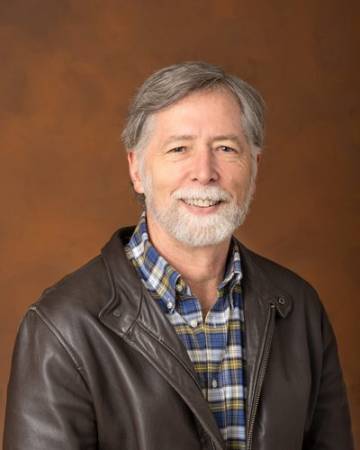
Field Robotics Center Seminar
April

Abstract:
This talk will summarize key recent advances in autonomous surface and aerial mobility for Mars exploration, then discuss potential future missions and technology needs for Mars and other planetary bodies. Among recent advances, the Perseverance rover that is now operating on Mars includes new autonomous navigation capability that dramatically increases its traverse speed over previous rovers. Perseverance also carried the Ingenuity helicopter to Mars, which is a technology demonstration of the first heavier-than-air aircraft ever to operate on another planet. The current mission objective for Perseverance involves driving a total distance of about 60 kilometers in about 10 Earth years. Rover mission concepts recently suggested for the Moon would drive about 1500 to 2000 km in under 4 years, which requires significant advances in autonomy. Successors to the Ingenuity helicopter are now under development for use in a mission planned for later this decade to return Mars samples to Earth that Perseverance is collecting. Much larger helicopter concepts are being studied to enable carrying larger science instrument payloads for potential future Mars missions. Robotic surface and aerial vehicles, as well as drilling systems for subsurface access, potentially could play a role in NASA’s goals for a human mission to Mars roughly two decades from now.
Bio:
Dr. Larry Matthies is a Principal Technologist at the Jet Propulsion Laboratory (JPL) and serves as Technology Coordinator in the Mars Exploration Program Office. He joined JPL in 1989 after obtaining a PhD in computer science from Carnegie Mellon University and he supervised the JPL Computer Vision Group for 21 years prior to his current role. He and his group contributed new capabilities to every U.S. Mars surface mission since Mars Pathfinder in 1996, including vision-based navigation capabilities for rovers, precision landing, and the Ingenuity helicopter. He has also been a principal investigator in many robotic air and ground vehicle programs funded by DARPA, Army, Navy, and industrial sponsors, with research emphasis on multi-sensor perception for autonomous navigation. He is a Fellow of the IEEE and a member of the editorial boards of the journals Field Robotics and Autonomous Robots.